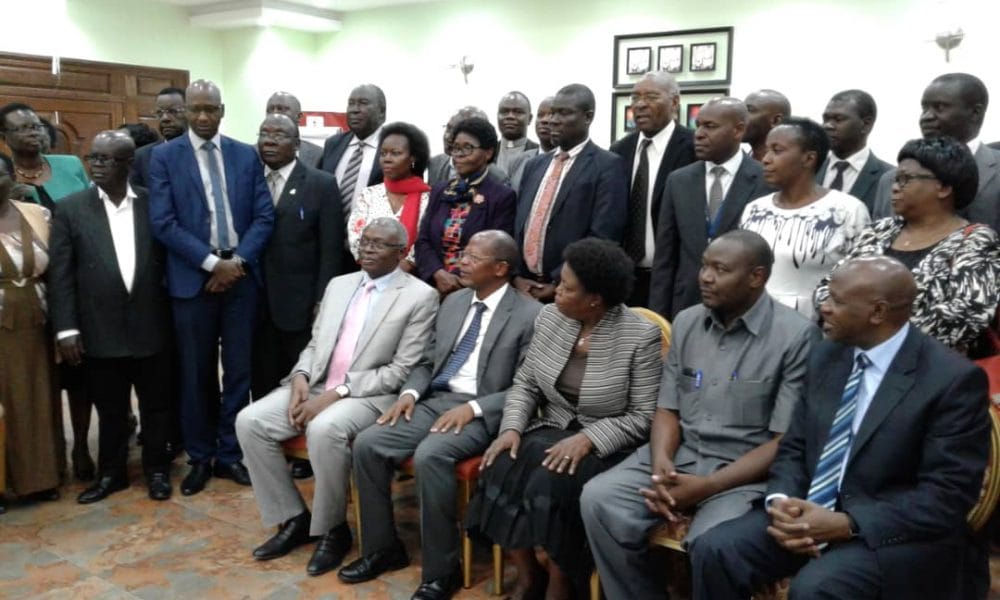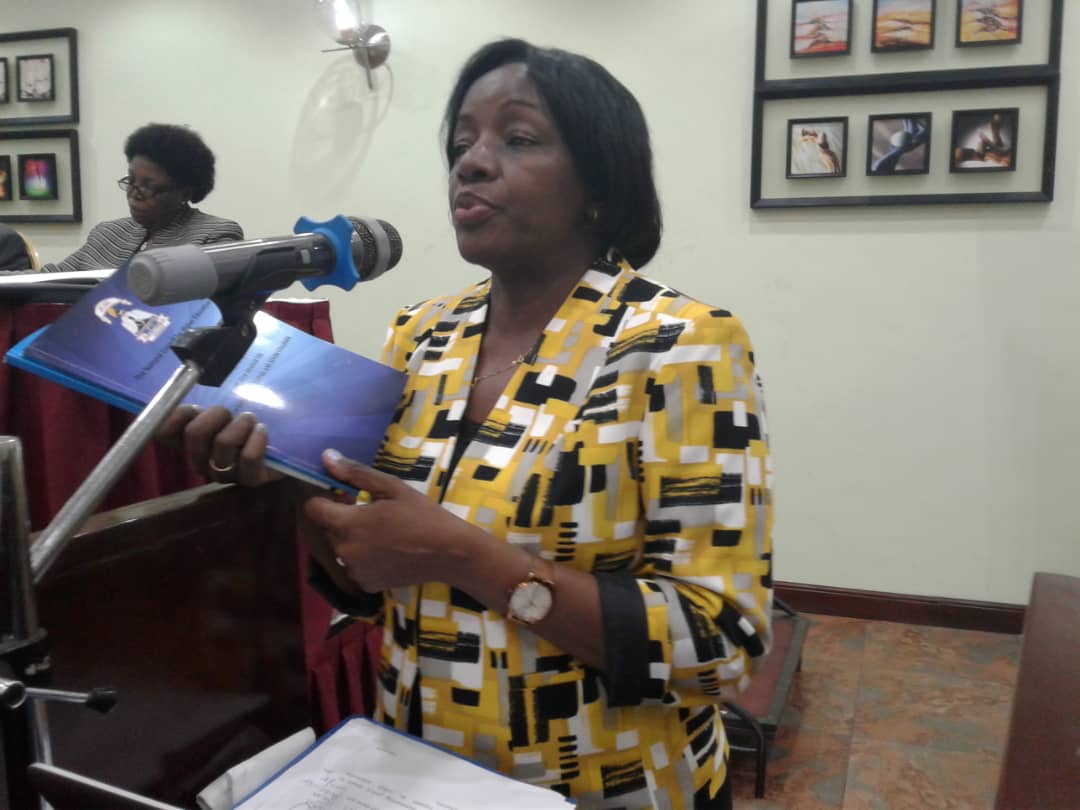
By. Damba Rogers
The reports released today by the national council for higher education indicate that the status of higher education in Uganda is still wanting which has led to poor standards of products passed out by the institutions.

Reading the report findings today in Kampala, the executive director national council for higher education, Prof. Mary Okwakor said, the report note that there has been a slight increase in higher education students’ enrolment although there was a decline in foreign students.
Important to note is that there is an improvement in enrolment in Other Tertiary Institutions, which indicates appreciation of middle cadre courses necessary for economic development.
Overall, higher education has registered improvements in some areas such as lecture and laboratory space, computer access and study materials among others.
There are some challenges such as funding for research and the heavy dependency on tuition fees but can be gradually resolved.
Generally, the statistics show that 26,1078 students got enrolled into higher education institutions. This was slightly higher than the 259,027 enrolled in 2016/17. There was a slight improvement in GER from 6.82% in 2016/2017 to 6.85%. This can be explained by the increase in the number of accredited institutions from 236 in 2017/18 to 240.
Regarding infrastructure in Higher Education Institutions, there was a slight increase of lecture room space from 323,158 square metres in 2016/17 to 324,270 square metres, resulting in space per student of 1.24 square metres which is acceptable according to the NCHE quality assurance capacity indicators.
Library space increased from 86,068 square metres to 91,366 square metres and space per student increased slightly from 0.33 to 0.35 square metres, however this remains unacceptable according to NCHE capacity indicators.
Statistics show that whereas the number of teaching staff who enrolled for PhDs in 2017/18 increased from 674 to 682, the number of staff who enrolled for Masters Programmes reduced from 657 in 2016/17 to 627 in 2017/18.
However, despite the challenges mentioned above, there is room for improvement and it is anticipated that NCHE and all stakeholders will work together with the Ministry of Education to improve institutional infrastructure, human resource including teaching and none teaching staff to ensure quality in higher institutions of Learning.
Higher education should be looked at as one of the contributors to national transformation and accordingly be given priority. Government should endeavour to support this sector by always allocating adequate resources and subsidies to the private higher education institutions, given that the costs of running HEIs are generally high.
Okwakor further says this has greatly affected higher education standards in Uganda.
While launching the reports, the minister in charge of higher education, J.C.Muyingo asked all stakeholders to think of new ways on how best higher education can be improved if the country is to regain her rankings globally.
He also castigates universities that are teaching students like secondary schools. Muyingo now says such universities should be closed.
Meanwhile, Administrators of some of the universities are calling for better policies and friendly environment for the universities to operate coupled with support from government in terms of funding to help lift off the burden of over dependence on tution collected from students.
The two reports launched include, the tracer study for graduates which discusses enrollment and employment of graduates on an annual basis and the state of higher education and training in Uganda 2017/18.
The findings were conducted from April 2018 across the country.
END




